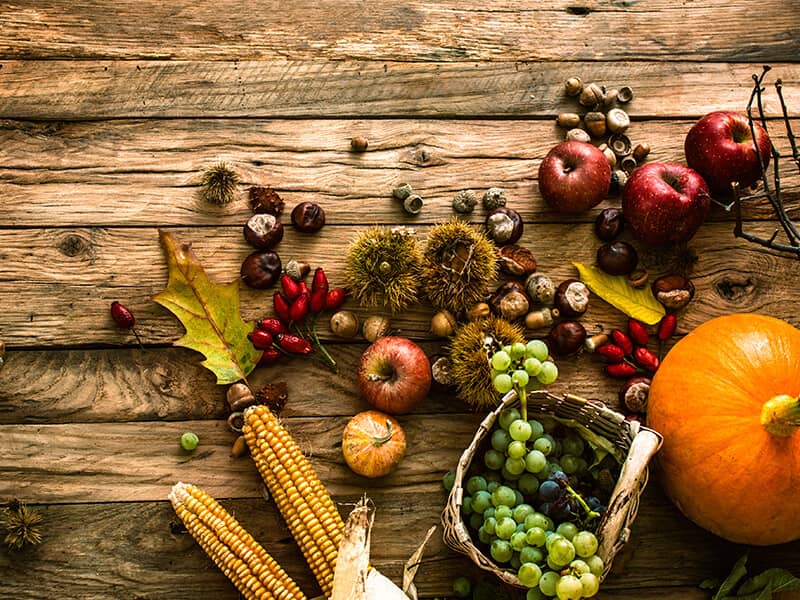Reprinted with permission from CLAL: The National Jewish Center for Learning & Leadership. Originally published for Hanukkah 2001. On the nights of Hanukkah, Jews around the country will remember a little pitcher of olive oil. In particular, we will recall a moment from the second century BCE when one of the Temple priests searched through the rubble of the vandalized sacred house.
In the midst of the chaos wrought by the attackers he found a single, miraculously undisturbed, container of oil. Surrounded by the wreckage, in an hour of despair, simply pouring the oil into the tarnished menorah and pausing to re-light it was an act of hope and renewal.
For years to come, people around the world will remember the image of the American flag waving in an enormous pile of twisted metal and debris in the heart of Manhattan. One rescuer, finding the flag in that rubble, broke free from the collective sense of anguish to affirm life. Like the first lights of Hanukkah, the raised flag emerged as a symbol that the attack would not succeed in defeating the spirit of a resilient and determined people.
These nights of Hanukkah are a perfect time for all Americans to recall the actions of the past months that returned us to an affirmation of life -- stories of bravery; phone conversations with friends and family; walks in the woods or by water; personal reflections read or heard; music; and moments of silence, meditation and prayer.
We also might recall the public gatherings--the moving benefit concerts, the interfaith vigils, and the meetings and gatherings in our local communities which expressed our collective grief and our desire to move forward.
On Hanukkah, we have eight days to dedicate ourselves to sustaining this renewed sense of public engagement and to continue the quiet acts that matter: caring for one another with sensitivity, pausing to appreciate our daily sustenance, and loving life in a way that will give us strength through the times ahead.
In one of the classic retellings of the Hanukkah story, we read: "They entered the sanctuary, rebuilt the altar, repaired the walls, replaced the sacred vessels, and were engaged in the rebuilding for eight days." May we, as a nation, celebrate this Hanukkah as a time of both spiritual and communal rebuilding.

